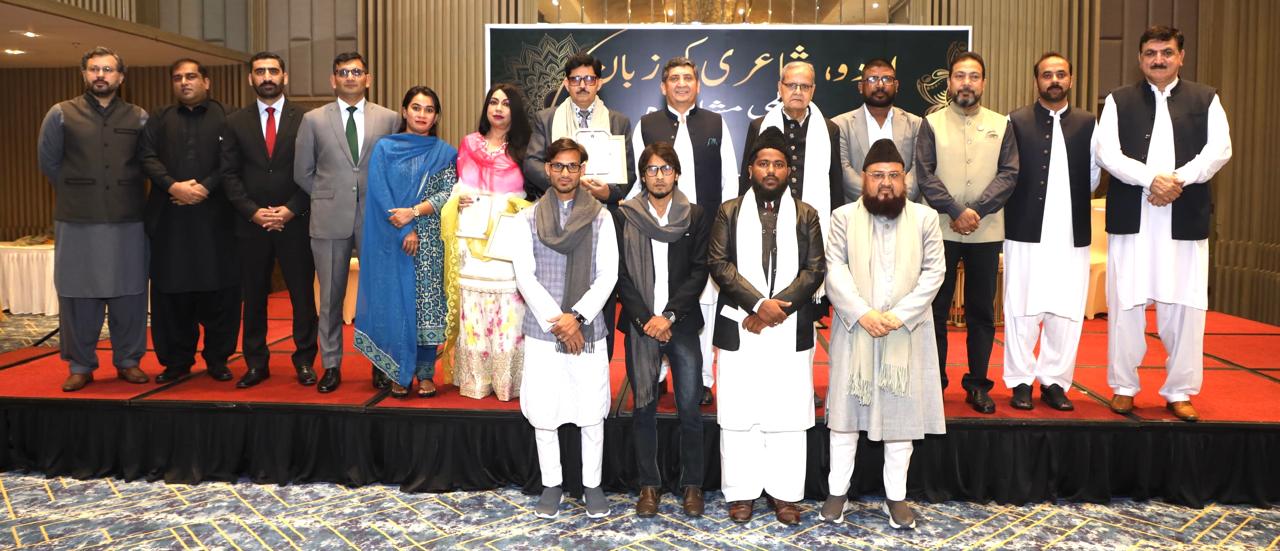Use of poetry in English language teaching at educational institutions appears to be very uncommon practice in Nepal. There are several reasons behind this. First, there are people who don’t see much value of it. They see value in learning math, science, engineering, and information technology that are believed to have prestige and offer better-paid jobs. For them, learning and doing poetry is whimsical and it’s for impulsive people. Second, they think it’s hard to understand poetry. Third, they think poetry writing is difficult and it’s not everybody’s cup of tea. So, poetry is avoided as much as possible. Even if it is taught, it is done as compulsion because it is in the textbooks. As a result, students have missed the opportunities to be creative and go beyond what is seemingly impossible.
In the past, too, poetry and science were poles apart. Scientists Claire Donald and Miles Barker (2016) describe science and poetry through this angle in their article “Science and Poetry as Allies in School Learning.” They write: “science is about faithfulness to evidence, laudableskepticism, and sober caution; by contrast, poetry embraces flights of fancy, the unrestrained juggling of language, and the proposing and exploring of delicious ambiguities.” However, if poetry and science is combined, better results and insights can be gained.
When the value of poetry is not understood, naturally it does not get due attention and is neglected. So what are the values of poetry and what do great people say about poetry?
Values of poetry
For Aristotle poetry is much broader than history. For him, poetry is finer and more philosophical than history for poetry expresses the universal, and history only the particular. Likewise, for Robert Frost “writing a poem is discovering.” For Plato poetry is nearer to vital truth than history. Poetry is boundless and anything is possible with it. As William Blake writes in Auguries of Innocence we can see a world in a grain of sand and a heaven in a wild flower. Similarly, we can hold infinity in the palm of our hand. Poetry is much more than simply jotted down words. Voltaire sees music in it. He says poetry is the music of the soul, and, above all, of great and feeling souls. What poetry can contain is immeasurable and what meaning it can give or assign is unfathomable.
Everyday verses

Poetry and people cannot be separated. With beginning of human civilization, poetry emerged and has become part of their societies and cultures. We find poetry in every nation, society and culture. Not only that, whether we recognize it or not, whether we see it or not, in every human being there is poetry inhibited and exhibited. Our experiences, feelings, observations, fancies, dreams, and anything unimaginable and unfathomable have been and can be expressed in poetry. Any field of study, any genres and anything can be expressed in poetry. In addition, all the religious scriptures of the world contain poetic elements. Ramayana, Bhagawat Geeta and Beowulf are a few examples.Even political discourses and scientific reports have poetic senses and elements engrained.
Poetry is believed to be necessary for promoting social development and change. It is only in poetry that we can say so many things in just a few words. Further, it can express the inexpressible and connect us to nature, the world and the universe.
Poetry can act as a bridge to any field of study—science, math and engineering and can even bridge cultural gaps. Poetry emerges automatically from a culture and it is an aspect of a culture. On the other hand, science is also said to be an aspect of a culture.
Poetry brings cultural awareness. For example, when we read Laxmi Prasad Devkota’s Muna Madan, we get the picture of socio-economic settings of that time. The famous lines haatakaamailaa, sunakaathailaa, ke garnudhanale, saga ra sisnukhaayeko bes aaanandi manale suggest wealth is transitory, satisfaction is all that counts. We come to know that Muna and Madan were not rich. In addition, analogy of ‘sunakaathailaa’ (meaning sacks full of gold) is taken as the dirt of hand. At the time no paper notes were in use, people used coins of metal, especially copper and silver, and the biggest storing item of the time would be a sack. Similarly, haatakaamailaa (dirt of hand) takes us back to lifestyle of people then. In those agrarian societies, people’s hands would be often soiled as they cultivated land, tended cattle and did other household chores. The dirt would be soon either taken away by their sweat or water. The quick presence and disappearance of the dirt in hand was a regular experience of peasants.
Poetry in classroom
Importance of poetry has been recognized these days. Poetry is used in different kinds of researches, especially in qualitative research. People have come to understand that there is even closer link between science and poetry. Joel Davis (1997) as quoted by Claire Donald and Miles Barker in the 2016 journal of Educational Research for Social Change sees the link between the science and poetry this way: “Poetry and science are closer than most people realize. Many poets and scientists already know this, of course. Most of the rest of us are still trapped in dismal stereotypes of both fields of human endeavor. The deep link between the two is vision.”
If we don’t start teaching poetry to students and don’t encourage them to express through poetry, we will lag behind in imparting creativity.
The author is a freelance writer and life member of Nepal English Language Teachers’
Association (NELTA)
rishirampaudyal@gmail.com











_20220527123522.jpeg)



























